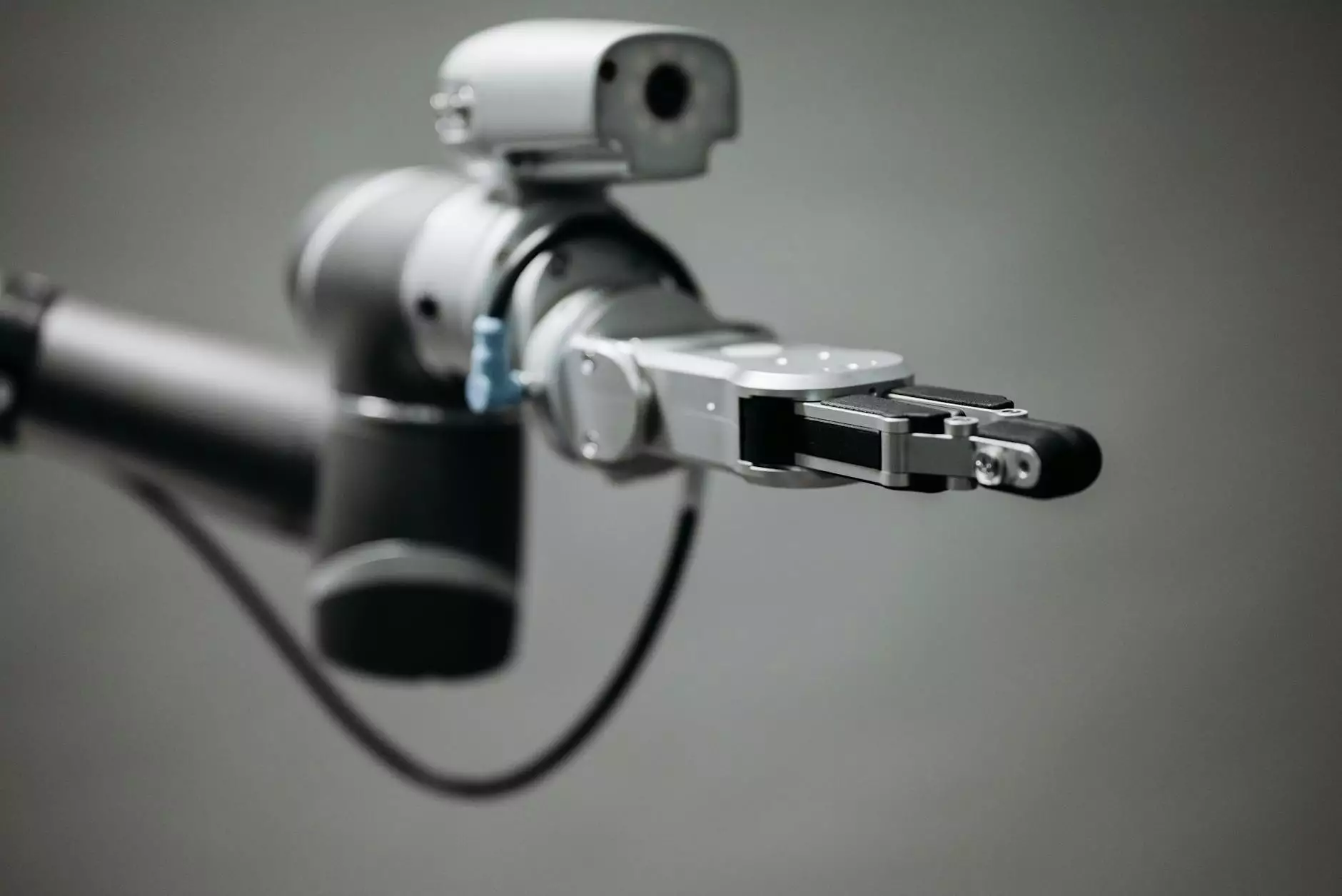Why Your Business Needs an Industrial Dehumidifier for Sale

Humidity isn’t just a discomfort; it poses a significant threat to various business environments. Whether it’s a retail store, a warehouse, or a manufacturing facility, excess moisture can lead to mold growth, equipment rust, and diminished product quality. This is where an industrial dehumidifier for sale can be a game changer for your organization.
Understanding Industrial Dehumidification
Before understanding why you need an advanced dehumidification system, let's delve into how these machines operate. An industrial dehumidifier essentially removes moisture from the air, maintaining humidity levels between 30% to 50%—the optimal range for most businesses.
How Do Industrial Dehumidifiers Work?
These machines utilize various technologies such as desiccant wheels and refrigeration cycles. They draw warm, humid air into the unit, cool it to condense moisture, and subsequently expel dry air back into the environment. This continuous cycle creates a safe and comfortable workspace while protecting valuable assets.
Key Benefits of Investing in an Industrial Dehumidifier
- Improved Air Quality: Maintaining ideal humidity levels removes allergens and harmful spores, leading to a healthier workspace.
- Equipment Longevity: Preventing rust and corrosion on machinery increases lifespan and reduces maintenance costs.
- Product Preservation: Ensures that products, especially in food and pharmaceuticals, remain uncontaminated and of high quality.
- Mold Prevention: By reducing humidity, the likelihood of mold outbreaks is significantly lowered, protecting staff and infrastructure.
- Cost Efficiency: Reduces energy consumption, as your heating and cooling systems do not have to work as hard to maintain temperature.
Choosing the Right Industrial Dehumidifier for Sale
When considering the purchase of an industrial dehumidifier for sale, it’s crucial to select the right model based on your unique business needs. Factors to consider include:
Size and Capacity
The capacity of a dehumidifier is generally measured in pints per day. Smaller businesses may require models with a capacity of 30–70 pints, whereas larger commercial operations might need units that can handle over 100 pints daily.
Portability and Installation
Consider whether you require a portable unit that can be moved between different areas or a permanent installation to manage humidity levels in a specific location. Many industrial units are designed with built-in wheels for easy mobility.
Energy Efficiency
Look for dehumidifiers that are energy-efficient, which will not only save on operational costs but also contribute to sustainability efforts within your business practices. Machines with an Energy Star rating often deliver significant savings over time.
Top Applications of Industrial Dehumidifiers
Industrial dehumidifiers are versatile and can be utilized across many sectors. Let’s explore some of the most effective applications:
Manufacturing Facilities
In manufacturing, controlling humidity is crucial for maintaining the quality of both raw materials and final products. Plastic manufacturers, for example, require specific humidity levels to prevent defects in goods.
Food Industry
Moisture control is vital for the food industry to avoid the growth of mold and bacteria. An industrial dehumidifier ensures that storage conditions extend shelf life and maintain product quality.
Pharmaceuticals
For the pharmaceutical sector, humidity control is essential in the drug manufacturing process. A dehumidifier prevents moisture from affecting the stability and efficacy of medications.
Data Centers
Humidity control in data centers is critical to prevent overheating and equipment failure. An industrial dehumidifier keeps air circulating at appropriate humidity levels, ensuring optimal functionality.
Installation and Maintenance of Industrial Dehumidifiers
Proper installation and maintenance of your dehumidifying units can significantly affect their performance and longevity. Here are some tips:
Installation Best Practices
When setting up your dehumidifier, consider the following:
- Location: Install in areas most prone to moisture accumulation.
- Distance from Walls: Maintain a distance from walls to ensure adequate airflow.
- Drainage Solutions: Set up efficient drainage systems to remove condensing water quickly.
Regular Maintenance Tips
To keep your dehumidifier functioning optimally:
- Clean the Filters: Regularly inspect and clean filters to ensure airflow and efficiency.
- Inspect Coils: Keep evaporator and condenser coils clean for efficient operation.
- Check for Leaks: Regularly check hoses for leaks or blockages.
Cost-Effectiveness of Industrial Dehumidifiers
Many business owners often overlook the cost-effectiveness of investing in an industrial dehumidifier for sale. The initial investment can seem daunting, but the long-term savings in energy costs, reduced product loss, and minimal maintenance can save a company thousands over the years.
Return on Investment (ROI)
The ROI on a dehumidifier can be quantified through reduced spoilage, lower maintenance costs for equipment, and improved product quality, leading to enhanced customer satisfaction and potentially higher sales.
Conclusion: Take the Step Towards Enhanced Business Health
Investing in an industrial dehumidifier for sale is not merely an operational consideration; it’s a strategic decision that can enhance your business environment significantly. With improved air quality, increased equipment longevity, and better product preservation, your organization is set on a path to enhanced productivity and profitability.
Explore options at Climatronics today and discover how an industrial dehumidifier can transform your workspace into a more efficient and healthier environment.



